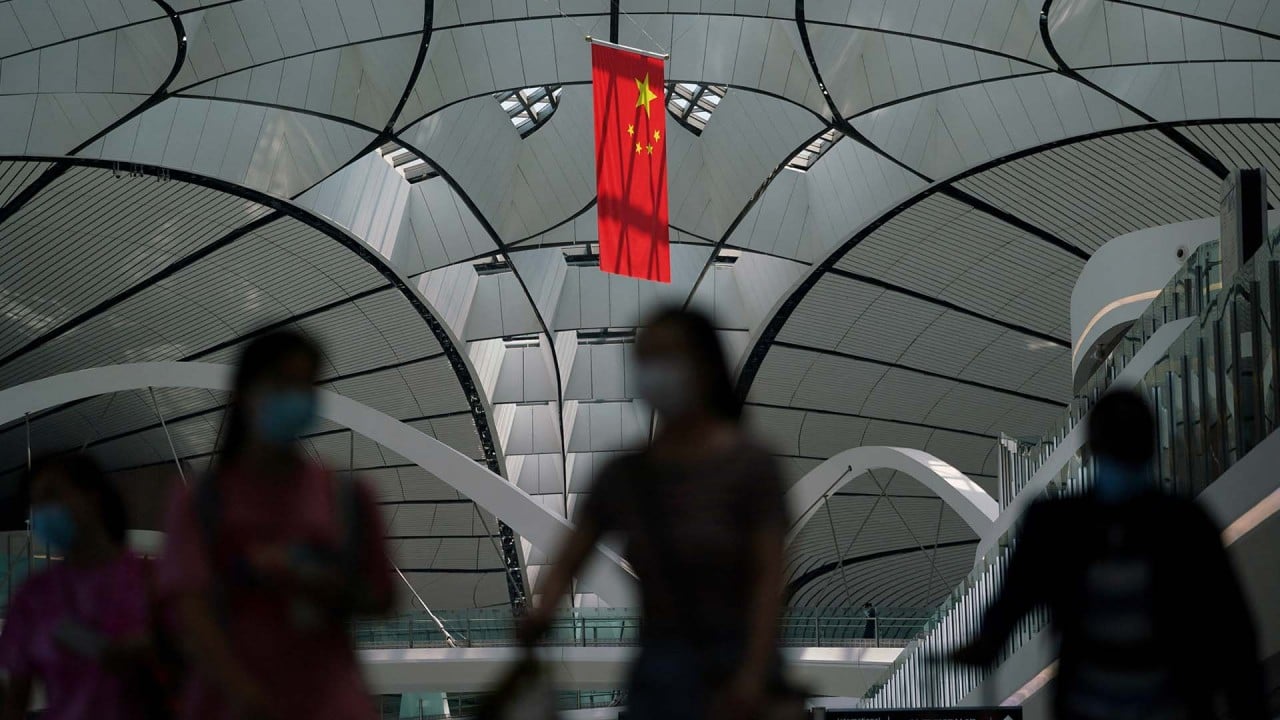
A transparent review of response to Covid-19 is in Hong Kong’s best interest
- Just like with Sars, an objective, comprehensive and honest assessment of how Hong Kong dealt with the disease is required if we are to avoid another such ordeal
It seems like a distant memory now, but just 20 years ago, in 2003, a mysterious flu-like disease, later known as severe acute respiratory syndrome (Sars), swept through Hong Kong and the region, creating panic.
Thankfully, it was put under control after just a few months. Two decades later, a similar threat reared its ugly face – an even more deadly coronavirus that wreaked havoc around the world. It is important that lessons be learned.
Hong Kong was already in crisis when the World Health Organization – on March 13, 2003 – issued a global alert against a nameless “severe form of unknown pneumonia” hitting parts of Asia and elsewhere.
A total of 1,755 people in Hong Kong were infected and 299 died, including eight healthcare workers. The threat was officially declared to be over following the removal of the city from a list of infected areas by the WHO in early June.
It remains a poignant reminder of how panic, indecision and a lack of preparedness and transparency plunged the city into what was then the most severe public health crisis since reunification with China.
The government at the time, to its credit, tasked a panel of international experts to review the handling of the Sars epidemic.
Many of the improvements to healthcare infrastructure for infectious diseases, including the establishment of the Centre for Health Protection, came from 46 recommendations by the experts.
Separately, the Hospital Authority conducted its own review, while the Legislative Council also published a damning report on the government’s strategies and responses after an inquiry, leading to the resignations of the health minister and the authority chief.
The authorities are now far better prepared for dealing with an epidemic than they were two decades ago. But the prolonged Covid-19 pandemic, including the deadly fifth wave of infections that saw more than 10,000 die within months, still exposed weaknesses and inadequacies in the official strategies and responses.
The case for the authorities to learn and improve from the pandemic is arguably even stronger.
Chief Executive John Lee Ka-chiu has repeatedly resisted calls for an independent inquiry, saying officials have been reviewing and improving their responses along the way.
While it is true that the political culture and environment may no longer be the same as before, the need for transparency and accountability remains unchanged.
Whether the city as a whole could have done a better job in fighting the coronavirus remains an issue of discussion. A review is not just about holding officials responsible for mistakes, but also to identify inadequacies and improvements.
An objective, comprehensive and honest assessment of the city’s responses over the past three years is required if we are to avoid another such ordeal.


